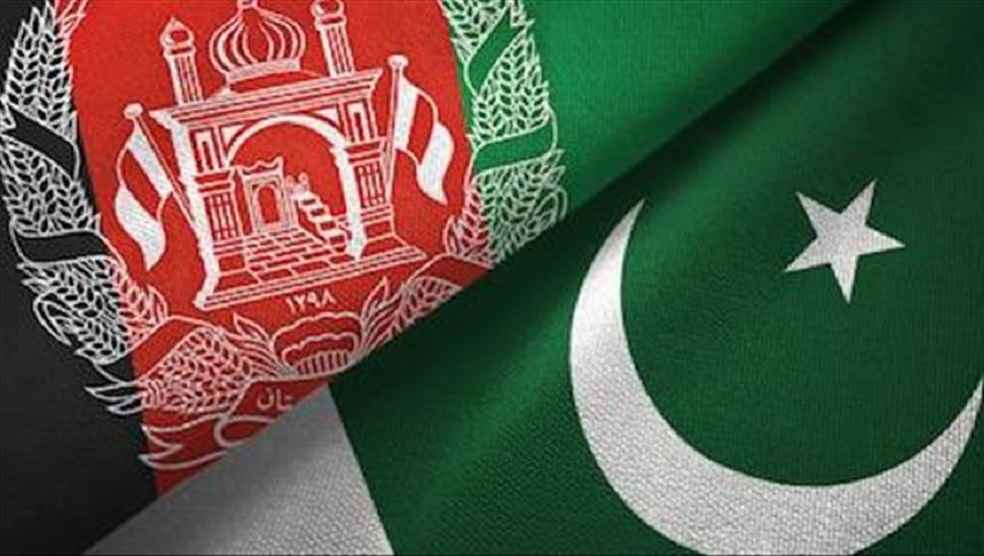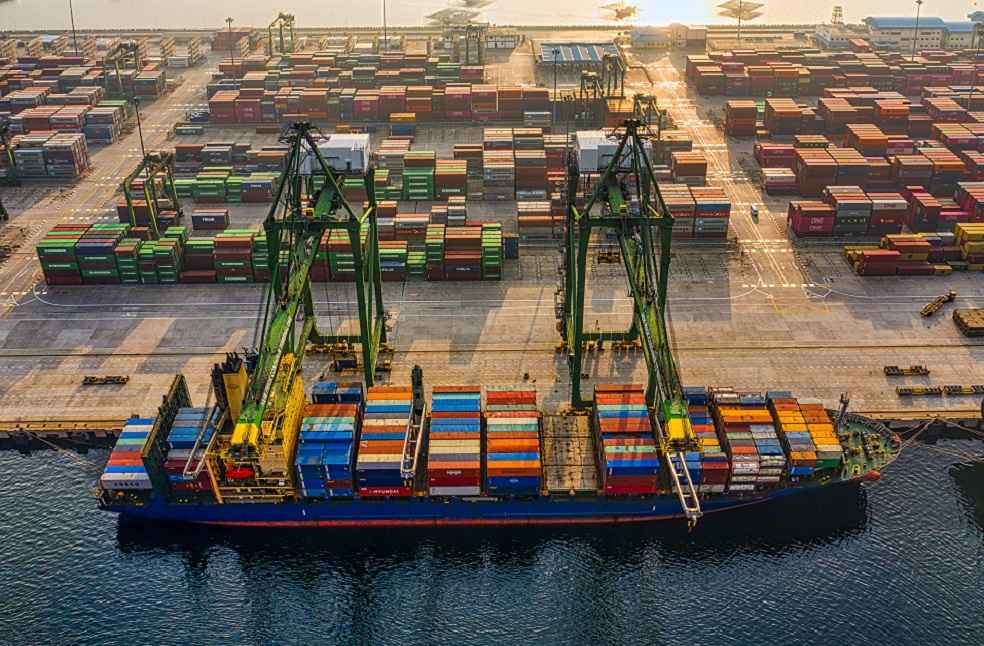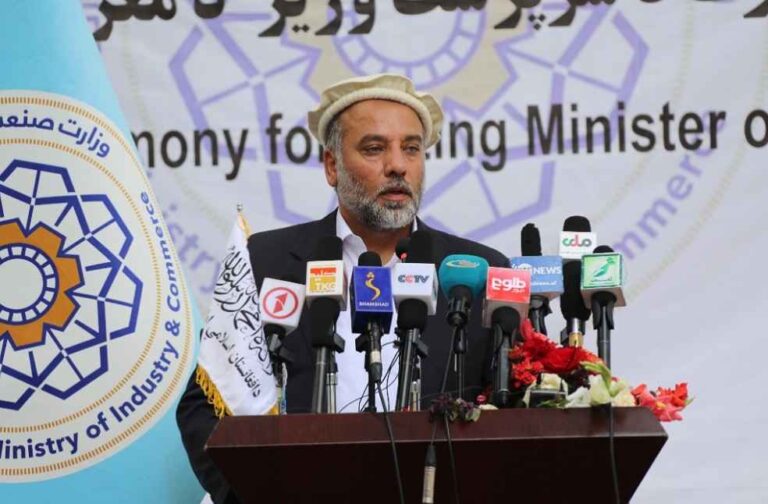Today heralds a pivotal moment for Pakistan-Afghan economic relations, with a delegation from Pakistan’s commerce ministry set to engage in critical trade discussions upon their arrival in Kabul. Aimed at dismantling barriers that have hindered transit and bilateral trade, this initiative stands as a testament to the potential for a significant shift in the economic interplay between the two nations.
Abdul Salam Jawad, the voice of the Afghan Commerce Ministry, disclosed that Afghanistan’s commerce leadership, under Minister Nooruddin Azizi, will confront these discussions head-on. Spearheaded by Pakistan’s Secretary of Commerce Khurram Agha, the delegation’s mission over the next two days will scrutinize the thorny issues surrounding transit trade. The ensemble of delegates, including Maria Qazi and Wajid Ali Khan from Pakistan’s commerce sector, underscores the comprehensive approach to these trade negotiations.

This conciliatory meeting unfolds against a backdrop of recently strained relations, following Pakistani military actions within Afghan borders. Nonetheless, it signifies a collective stride towards mending fences and catalyzing economic cooperation. A primary agenda item will be Pakistan’s prohibitive ban on various transit items—a measure that, according to Jawad, has rerouted a significant portion of transit trade towards Iran.
The discussions also draw from a continuum of prior engagements aimed at fortifying trade connections, highlighted by a productive online rendezvous between Azizi and Agha. These dialogues have charted paths for augmented bilateral trade, overcoming obstacles, and nurturing synergies between the nations’ public and private sectors.

The business communities of both countries, represented by voices like Khan Jan Alkozai from the Pak-Afghan Joint Chamber of Commerce and Industry, await these talks with bated breath. They anticipate them as a crucial step towards resolving existing trade frictions. Alkozai voiced optimism that Pakistan’s new governance would redress grievances of Afghan importers, especially those stemming from a recent 10% hike in import duties on Afghan transit trade.
Despite historical challenges in detaching trade discourse from political entanglements, the imminent Kabul talks herald a reinvigorated pledge to economic collaboration, potentially charting a novel trajectory for Pak-Afghan relations.
IMEX SECTOR | EU Farmers Protest Over Ukraine Imports, Demand Fair Trade Amid Rising Costs



